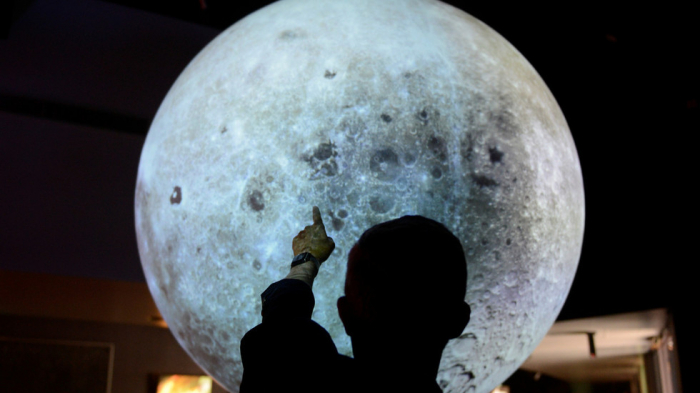Who ‘owns’ the Moon?
Technically, no one – or rather, all of humankind. The Outer Space Treaty (OST), which came into being in 1967 (two years before the first lunar landing), explicitly states that exploration and use of the Moon “shall be carried out for the benefit and in the interests of all countries” and by no means can be “subject to national appropriation by claim of sovereignty” or any other means.
This makes exploration and any peaceful research activities related to the Moon free to anyone with enough resources and the will to do so – but forecloses on the possibility of exploiting lunar resources.
Why the Moon?
If sovereignty cannot be legally claimed over even the smallest bit of what was long considered a dead space rock, why is almost every space-aspiring nation so enthusiastic about it? In short, because of the prospects for future space exploration.
It turns out that the Moon has resources that could greatly advance space exploration – and exploitation. One such resource is water. Traces of it in the form of ice were discovered by an Indian mission in 2008.
The prospect of water has given rise to dreams of permanent bases on the Moon, using lunar ice as a source of rocket propellant for more ambitious space travel, such as going to Mars and beyond.
India is now preparing to launch its second mission to the lunar south pole to look for water.
Russia and the US also plan to launch their own missions to explore lunar resources, in 2021 and 2023 respectively, while China seeks to send a whole series of probes.
Additionally, the Moon is believed to harbor extensive deposits of Helium-3, a rare isotope which scientists believe could be used to fuel yet-to-be invented nuclear fusion reactors.
RT
More about: Moon
















































